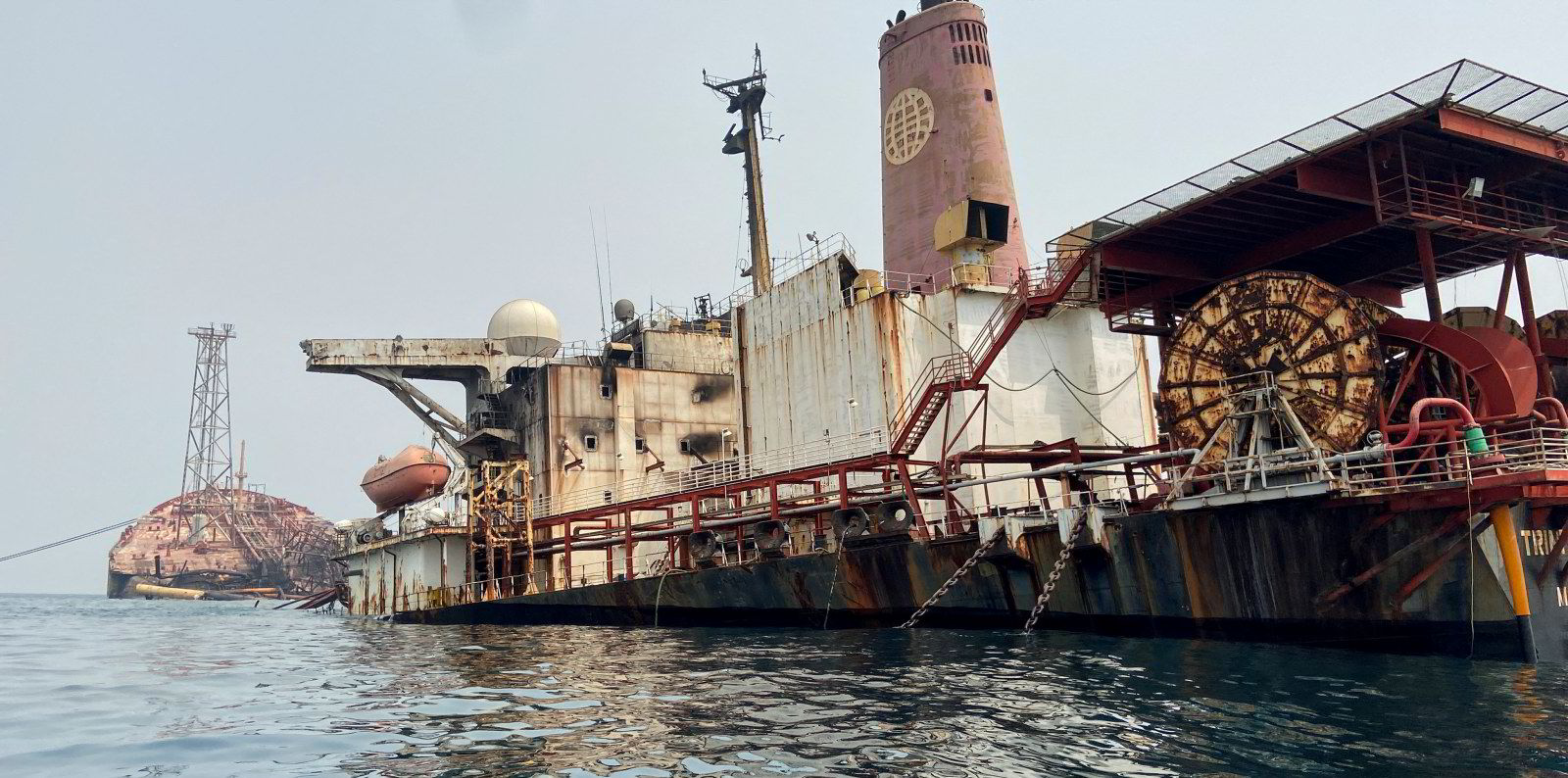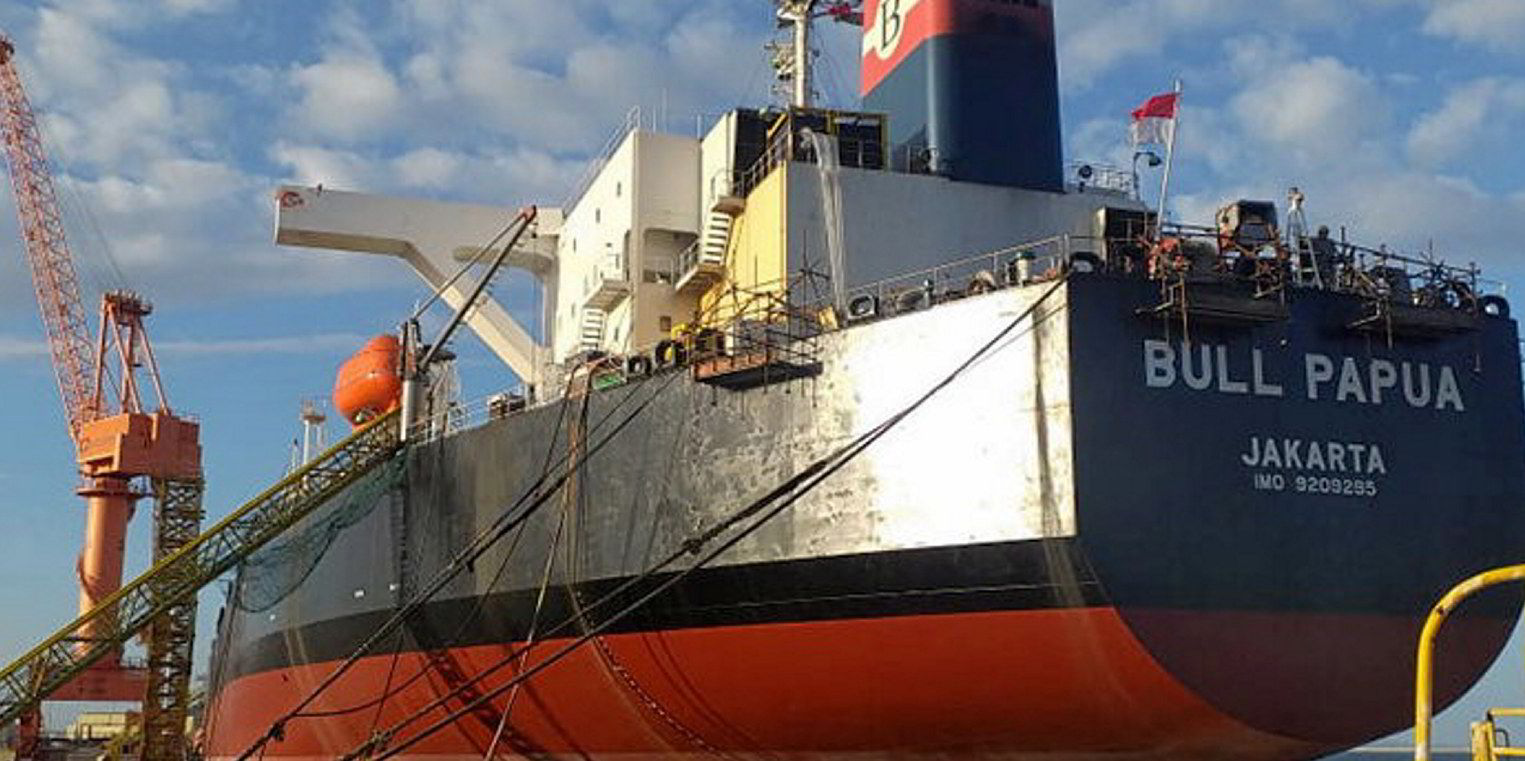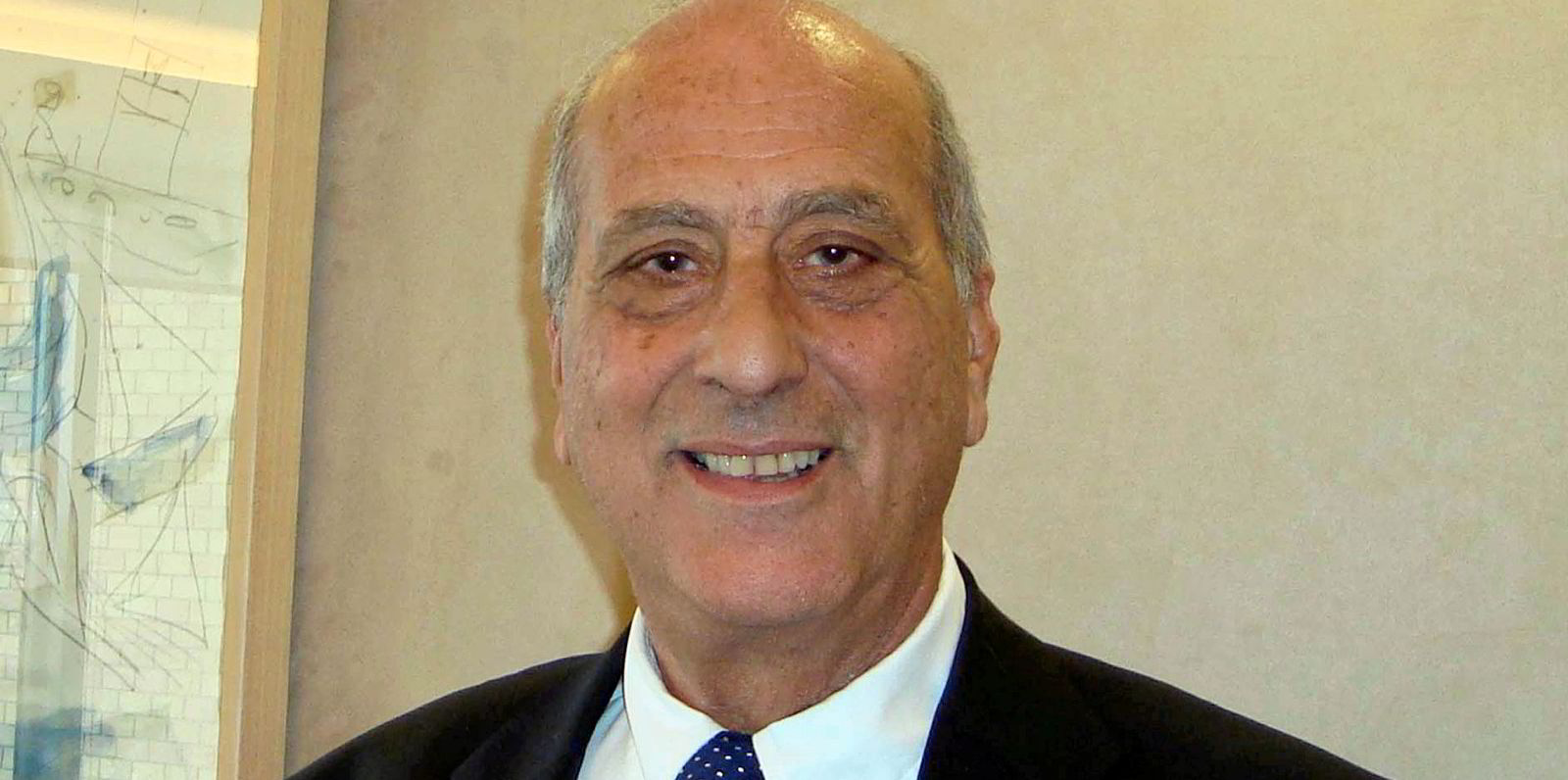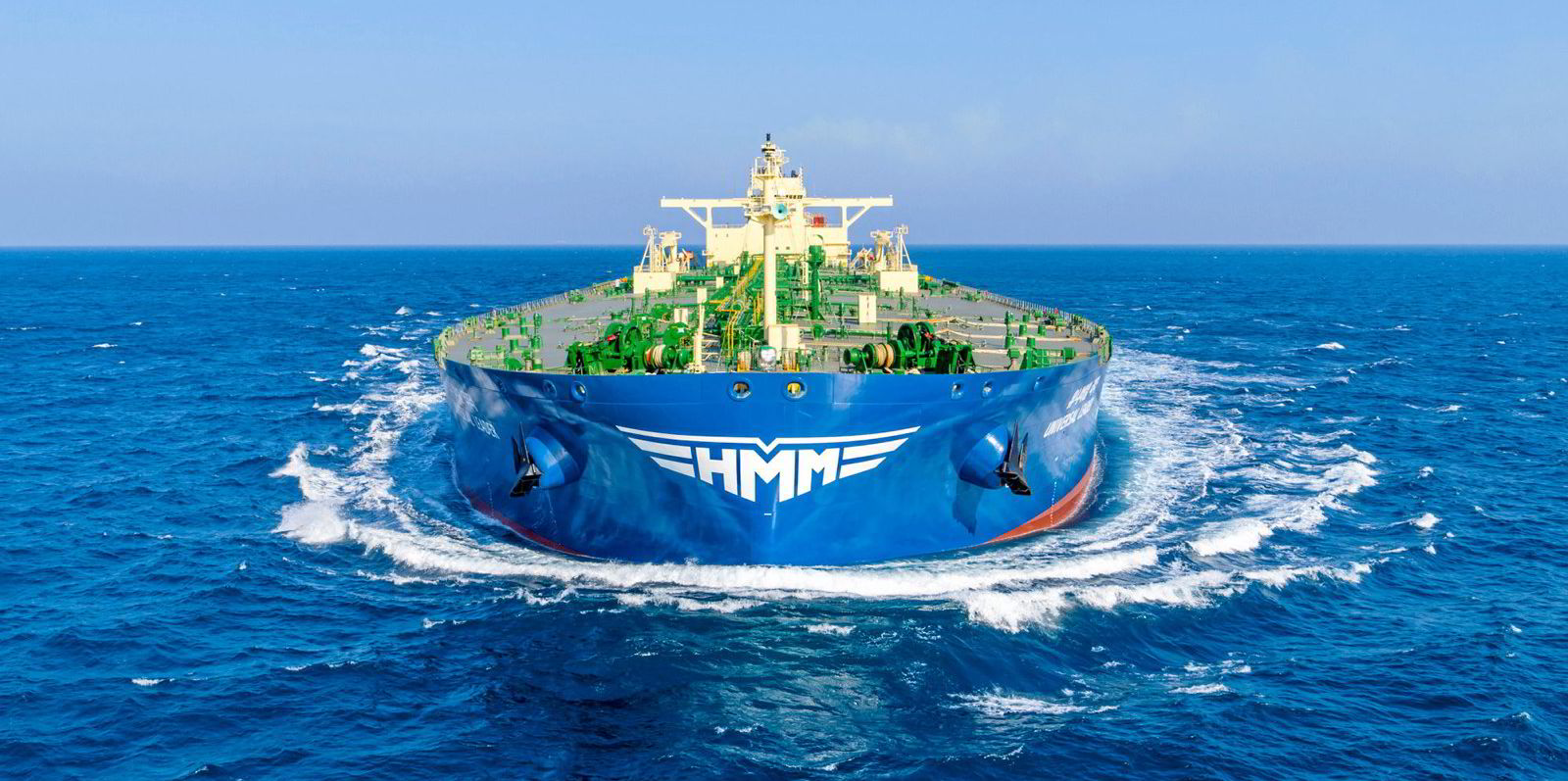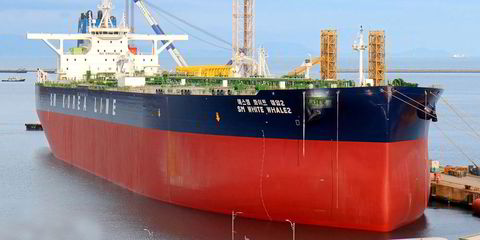French shipbroker Barry Rogliano Salles (BRS) believes tankers have escaped any immediate blow from the explosion and partial sinking of the Nigerian floating production offloading and storage (FPSO) Trinity Spirit on 4 February.
But the disaster in which seven crew members are thought to have died dealt a further blow to Nigeria’s fragile upstream and shows problems with lack of investment that could limit crude exports on bigger vessels, the company argued.
The 22,000-barrel-per day (bpd) FPSO was believed to be close to empty at the time of the explosion.
Its owner Shebah Exploration & Production Co (Sepcol) is currently in receivership and the unit had not been producing oil for more than a year.
No major spill
There were initially worries that the incident would lead to the shutdown of the 150,000-bpd Escravos stream, into which the Trinity Spirit’s crude once flowed.
But these appear to have been wide of the mark, the broker said.
A trail of oil has been spotted and Sepcol said 50,000 barrels had been spilled, but a major incident has not occurred.
Ship tracking data implies that tanker loadings at the nearby Escravos and Forcados terminals and the Erha FPSO were continuing as normal.
BRS said: “To a certain extent, the issue of low investment is endemic to West Africa with companies citing constrictive local content rules, bureaucracy, corruption, security, uncompetitive production terms and the complex nature of some of the oil deposits as reasons for their recent pull back.”
The broker has a bearish outlook on Nigerian production, and it believes regional crude tanker demand is unlikely to improve this year.
“In fact, we firmly believe that it will take a turn for the worse in 2023 when the [650,000 bpd] Dangote plant starts to ramp [up],” BRS said.
Exports reduced to a ‘trickle’?
This mega-refinery is anticipated to primarily process Nigerian barrels, notably Forcados, Bonny Light and Escravos, reducing exports to a “trickle”, the broker added.
Charterers may have trouble assembling large export stems, the Paris-based shop argues.
“This would likely lead to more Nigerian crude being shipped on smaller crude tankers such as aframaxes and even panamaxes,” BRS said.
Nigerian has an ageing oil infrastructure, with data suggesting there are still seven FPSOs activity producing oil that were built earlier than the Trinity Spirit.
“As infrastructure creaks it has led to frequent unplanned outages hitting production and exports throughout the region,” BRS added.
The broker projects Nigeria will produce 1.25m bpd of crude, plus another 430,000 bpd of condensate, in 2022.
In total, this is 50,000 bpd less than in 2021.
Crude output to drop further

“All told, unless investment rebounds strongly we project that its crude production will drop to under 1m bpd by 2027, with condensate accounting for another 500,000 bpd,” BRS said.
As Nigerian production has remained low, so prices have been supported versus other global light, sweet crudes.
The upshot is that Nigerian crude is now losing global market share to other comparable grades, notably from the US, BRS said.
Shipments to Asia have dropped by around 15% compared with 2019, while US barrels have gained a toe hold in European refineries at the expense of Nigerian barrels.
Furthermore, state producer NNPC has been forced to quietly abandon its plans to sell barrels on a cost, insurance and freight (CIF) basis, BRS said.
This was something the producer hoped would increase the attractiveness of Nigerian barrels, as it was unable to raise a fleet either through buying older tonnage or by taking in ships under long-term time charter, the broker added.
Suexmaxes suffering the most
Suezmax demand has borne the brunt of the decline in Nigeria’s crude exports. The ship type accounts for nearly 60% of exports, with around 35 loadings each month.
“We expect their demand to be hamstrung by the low exports,” BRS said.
The broker is forecasting suezmax time charter equivalent (TCE) earnings from West Africa to northern Europe to average just under $12,000 per day in 2020.
Although this is significantly higher than last year’s $2,700 average, it is expected to underperform the basket of global suezmax routes by around 20% in 2022.
